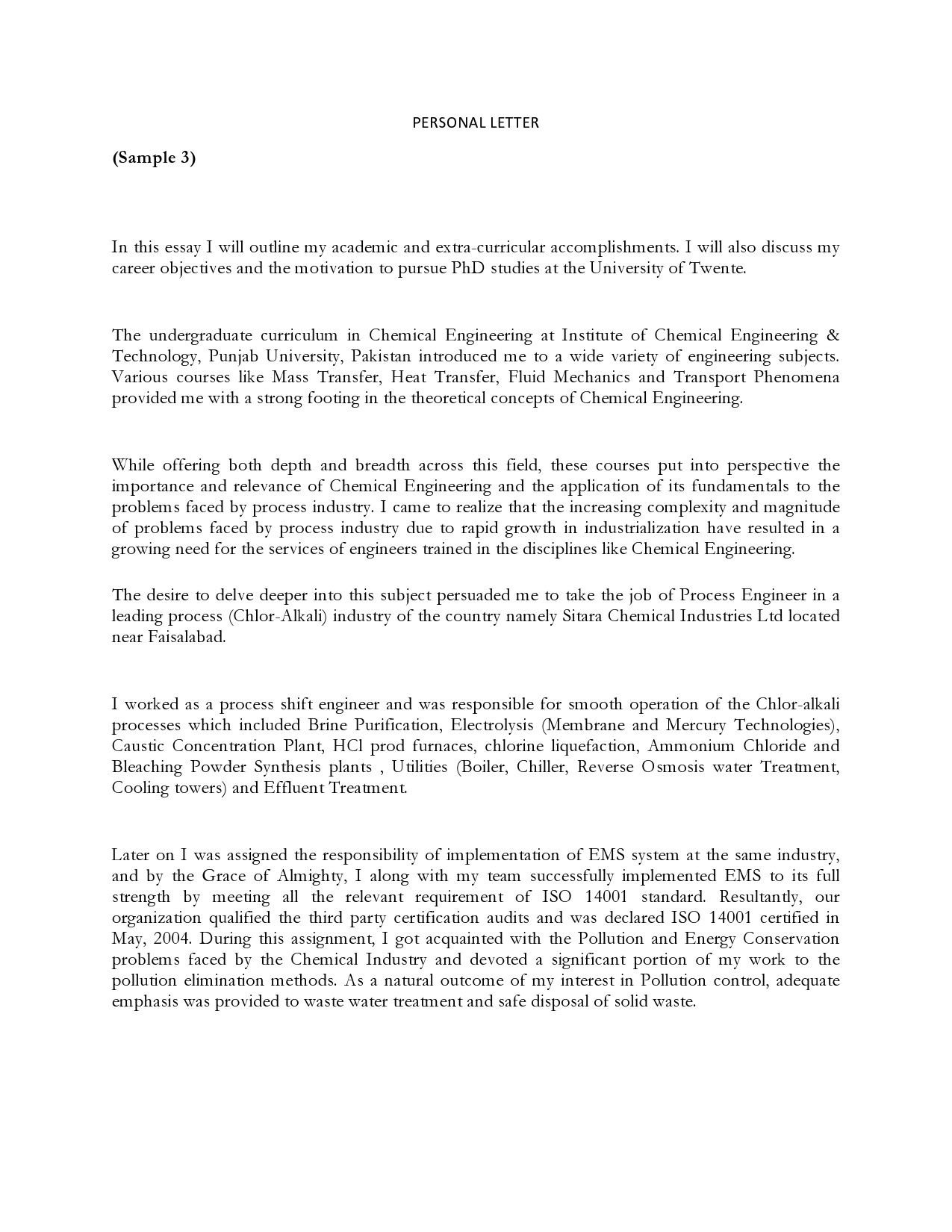
Fundamentals Of Biochemical Engineering Rapidshare Download
Degree Offered
- Bachelor of Science in Biomedical Engineering (B.S.Bm.E.)
Nature of the Program
The biomedical engineering discipline is among the fastest growing engineering disciplines due to the rapid advancement of medical technologies and treatment and diagnosis strategies; in fact, many are claiming this century as the one that will revolutionize the biological sciences. These advancements will provide immense benefits for society globally. The biomedical engineering curriculum is designed to give graduates a broad background in the areas of biomedical engineering, including biomaterials, biomechanics and biomedical imaging. Students have the ability to design a set of technical electives based on interest and career aspirations. The goal for these electives is to enhance a student’s knowledge in one or more of the focus areas so they can be prepared for graduate school, any professional school, or a job in a specific industry.
He holds PhD in Chemical Engineering from the University of Kyoto, Japan. Katoh is an enthusiastic lecturer in Biochemical Engineering, Bioseparation Engineering and Immunotechnology. He is an outstanding expert in biochemical engineering and has published numerous papers in this field. As such, it has served as a major resource for both skilled professionals and novices to biomedical engineering. Biomedical Engineering Fundamentals, the first volume of the handbook, presents material from respected scientists with diverse backgrounds in physiological systems, biomechanics, biomaterials, bioelectric phenomena,.
The B.S.Bm.E. program is under enrollment management. Admission to the program is described in the Fundamentals of Engineering section of this catalog.
Program Educational Objectives

- Graduates will be engaged in their professional careers and/or post graduate training as demonstrated by their abilities to identify and solve important biomedical engineering problems, develop and implement new and valuable ideas with potential applications to healthcare, and to engage in lifelong learning opportunities.
- Graduates will be able to work competitively in diverse professional environments as demonstrated by their abilities to work on teams and independently, to provide leadership, and to communicate effectively to a variety of audiences.
- Graduates will behave professionally and ethically, be committed to responsible safety practices, and articulate the societal impact of their work.
Major Learning Outcomes
Biomedical Engineering
Upon graduation, all Bachelors of Science students in Biomedical Engineering will have:
- An ability to identify, formulate, and solve complex engineering problems by applying principles of engineering, science, and mathematics
- An ability to apply engineering design to produce solutions that meet specified needs with consideration of public health, safety, and welfare, as well as global, cultural, social, environmental, and economic factors
- An ability to communicate effectively with a range of audiences
- An ability to recognize ethical and professional responsibilities in engineering situations and make informed judgments, which must consider the impact of engineering solutions in global, economic, environmental, and societal contexts
- An ability to function effectively on a team whose members together provide leadership, create a collaborative and inclusive environment, establish goals, plan tasks, and meet objectives
- An ability to develop and conduct appropriate experimentation, analyze and interpret data, and use engineering judgment to draw conclusions
- An ability to acquire and apply new knowledge as needed, using appropriate learning strategies.
These outcomes are achieved via rigorous individual courses in all basic areas of biomedical engineering, the natural and life sciences, mathematics, humanities, and social sciences. A flexible electives program allows specialization in areas such as biochemistry, biomechanics, biomaterials, and bioelectronics. Hyouka episode 1 english dub crunchyroll.
The Chemical and Biomedical Engineering Department uses an outcomes-assessment plan for continuous program improvement. Course work and design projects, in conjunction with yearly interviews provide the measures of learning outcomes. These outcomes-assessment results provide feedback to the faculty to improve teaching and learning processes.